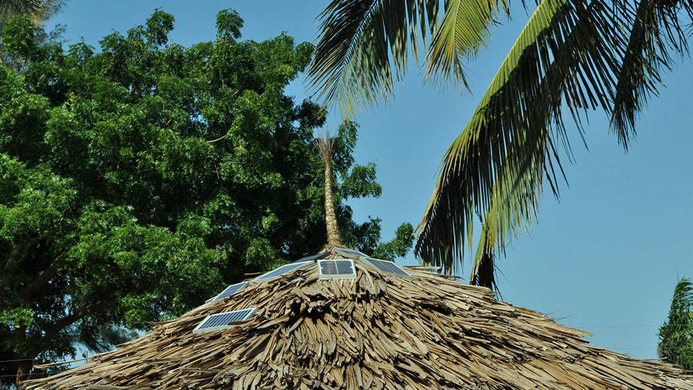The case, “African Solar Rise: Electrifying Rural Tanzania,” is about a German NGO, African Solar Rise (ASR), that provides solar energy solutions in Tanzania and faces several challenges in order to scale its organization to generate much-needed revenue. It examined the NGO, as it worked to improve its supply chain operations and last-mile distribution challenges while raising necessary capital to put it on more solid footing.
Masini said he supervised a group of MBA students from HEC Paris who were doing a field project for ASR. After discussing the project goals, he realized there was an opportunity to write an interesting case that would address multiple facets of the solar distribution challenge.
“We are extremely flattered as winning first place is a testament to the quality of our work,” Masini said. “I am particularly pleased for our students, who did a terrific job in Tanzania despite the challenging working conditions they faced. I believe the prize is a great opportunity to increase the visibility of sustainability-related work in the field of operations management, and proof of the growing demand for including sustainability-related elements in a business school curriculum.”
Professors Aflaki and Masini will receive $3,500 prize money, which they said they would donate to ASR to buy solar products for people the organization serves in Tanzania.
The competition is sponsored by the Citi Foundation and administered by GlobaLens, case publishing division of the William Davidson Institute at the University of Michigan. The aim of the competition is to increase the number of academic case studies focused on business approaches to economic and social development.







